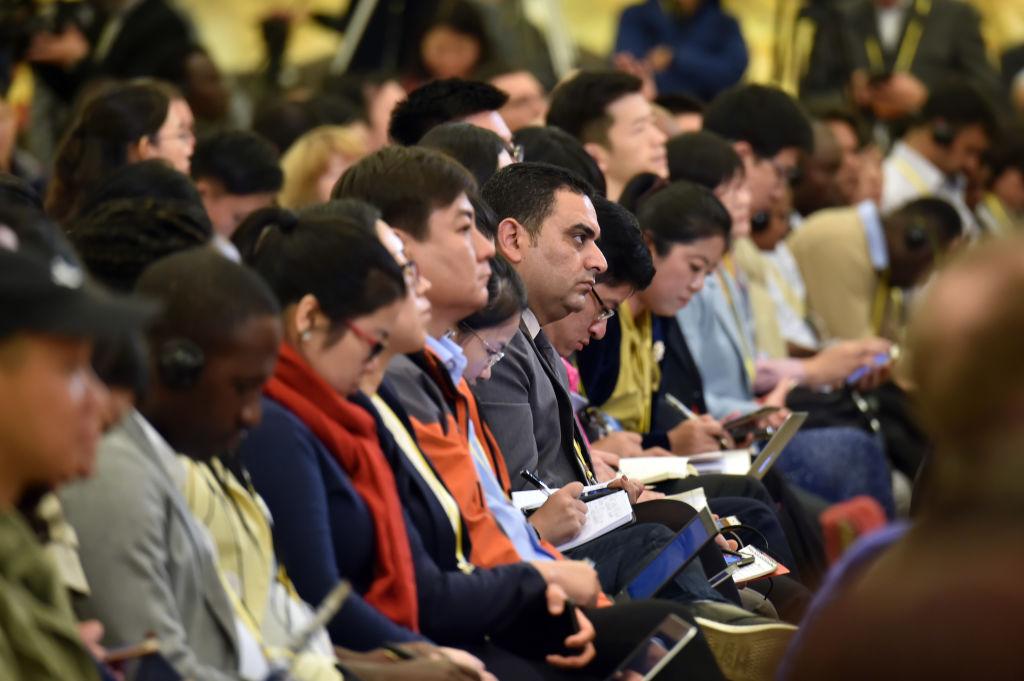It’s well known that China enjoys very little freedom of the press. Based on the 2018 index from Reporters Without Borders, China is ranked 176 out of 180 countries listed.
Hong Kong’s Initium Media interviewed 23 Chinese reporters on different beats from around the country about their professional experiences. To protect the journalists’ identities, each was assigned a number that was used in the report.





